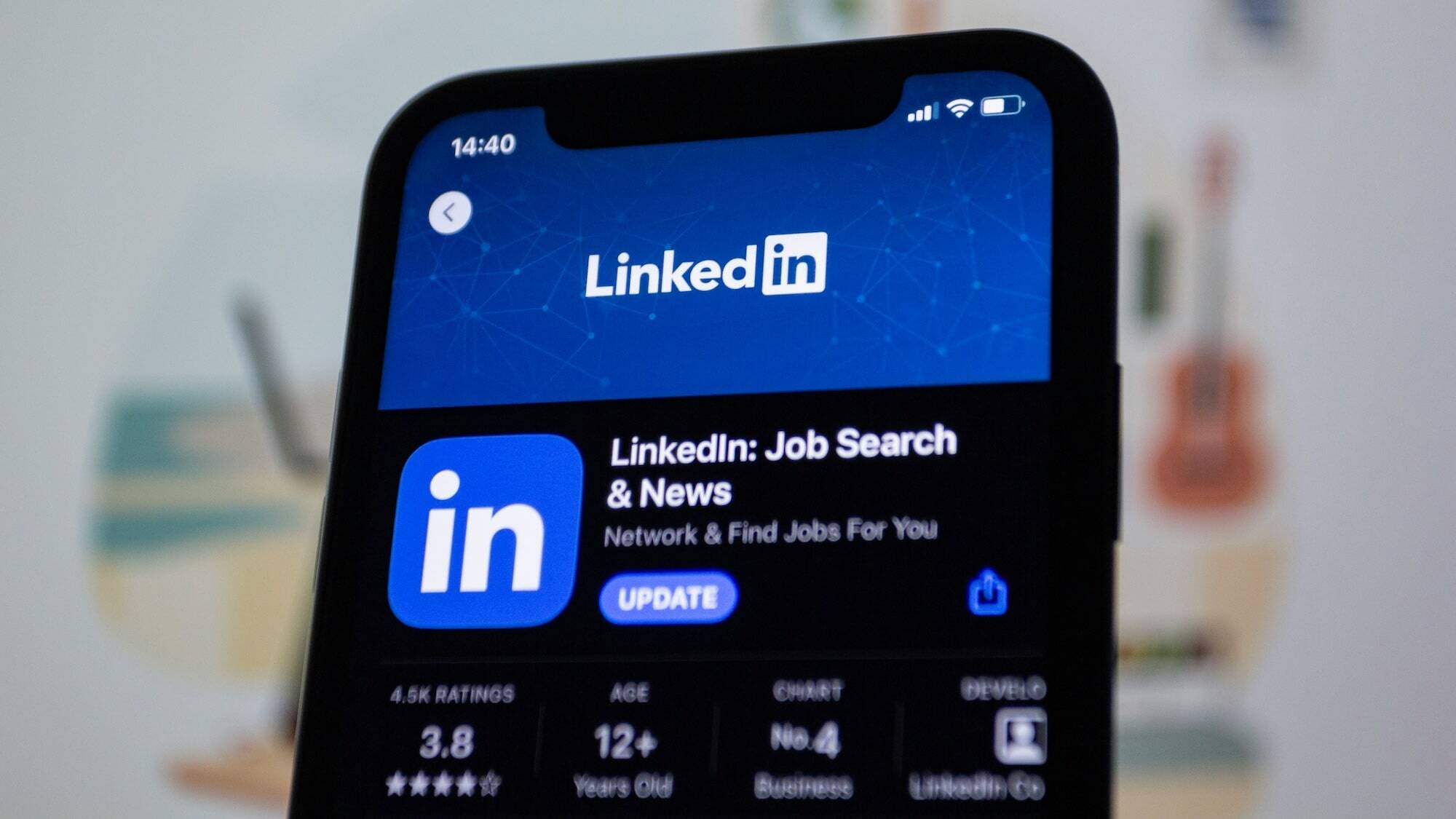Introduction
I want to talk about the blindness of meetings.
What I mean by the blindness of meetings is that I’ve recently attended some sales-related meetings with a client.
I was sitting in the boardroom a few weeks ago with a client, and they were discussing an opportunity to work with a large global player.
They expressed uncertainty about how real the opportunity was, mentioning past experiences where their time had been wasted and how busy they were.
They questioned whether they should progress it.
What Is The Best Way To Approach A New Opportunity?
So, I asked the team what they thought the best approach was, and they suggested setting up a meeting. I said,
“Okay, but what is that meeting going to cover? What are our goals?”
I refer to them as success goals.
Before our team goes into a meeting, we’ve done our research, checked the details, and we know what we want to cover by agenda, documented in advance for the participants.
It’s essential to have clear success goals so that we can evaluate whether the meeting was indeed successful.
Yesterday, we attended meetings in the South of England with two specific companies.
What started as a casual pipeline discussion inside the boardroom turned out to reveal that the global provider was exceptionally keen to work with our client, who specializes in logistics.
Their appreciation for our expertise was apparent.
After the meeting, I asked my client how he felt it went, and he believed it went well. I prompted him to identify three key points that stood out from the meeting, and he was spot on.
- They expressed a desire to start partnerships rather than just trading relationships.
- They emphasized the importance of solid agreements.
- They proposed to trial arrangements over 90 days with smaller sets of data or pieces of business.
This opportunity, if it scales appropriately, could potentially double our client’s current business.
Have You Hit Your Success Goals?
I encourage you to take a moment to reflect on your business and the opportunities available.
Sit down with your sales team and ask about the biggest opportunities they see.
Consider the concepts of Impact and Leverage. The impact you can have on another person’s business is often worth significantly more than what you charge them.
In our case, if we connect our logistics client with another business and open up new sales channels, that represents leverage.
Let’s say you can leverage an additional £100,000 for a client. It doesn’t matter if you charge them £10,000 or £20,000 for your services because there’s still substantial profit left for them.
Too many people focus solely on trading time for hours, leading to a limited perspective on their value.
For instance, if your hourly rate is £100 and you work 10 hours, you earn £1,000. However, if you help that client generate £100,000, is it unreasonable to charge £5,000 for your service? I don’t believe it is.
If you can deliver value that is 5X or 10X more than your charges, you are not only creating a new opportunity but also increasing your profit margins.
Start identifying opportunities and asking the right questions.
Set your success goals before you begin discussions, evaluate the outcomes after meetings, and when asked to provide a proposal, focus on the value you’ll create for the client.
This approach will help you scale both your clients’ businesses and your own.







